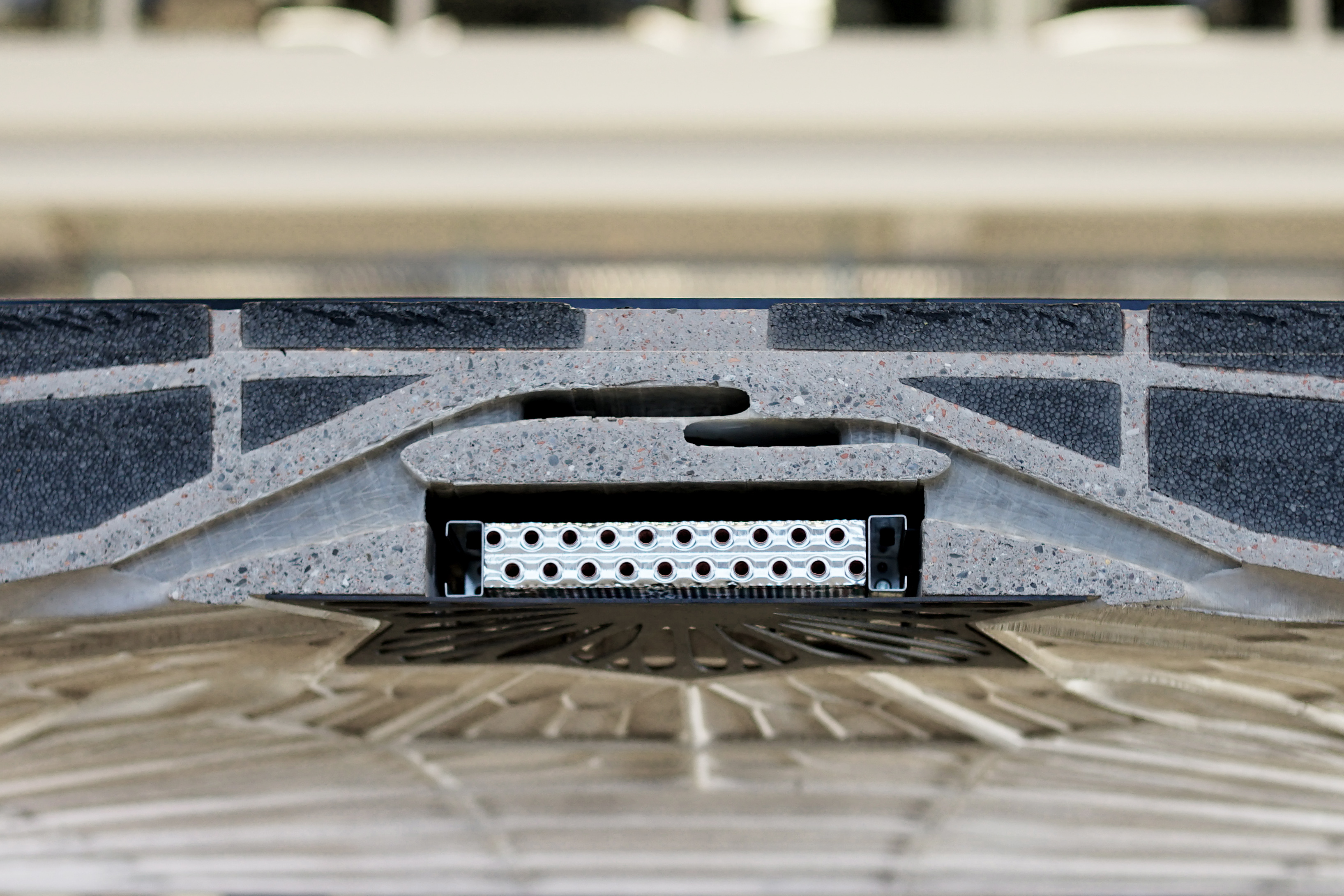Several recent innovations from across the globe show what’s possible when businesses, governments and civil society collaborate to move the construction needle from linear to circular. According to the World Economic Forum earlier this year, Holcim launched its global range of green cement.
The cement delivers at least
a 30% lower carbon footprint compared to ordinary cement. In Switzerland, this
includes a version called Susteno that contains 20% recycled construction and demolition
waste, ensuring 20% fewer resources drawn from nature. It also delivers a 38%
lower carbon footprint.
The company began offering Susteno once authorities adapted the regulatory requirements to allow it, based on scientific evidence of the material’s performance.
This circular cement has been applied in landmark structures such as the soon-to-open HSG Learning Center at the University of St. Gallen, a 7,000 sqm work and study facility designed by Sou Fujimoto Architects.
Scaling such solutions across
global markets could dramatically accelerate the transition to net-zero
building.















